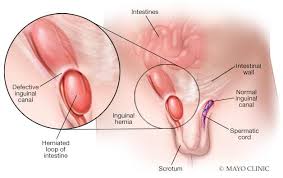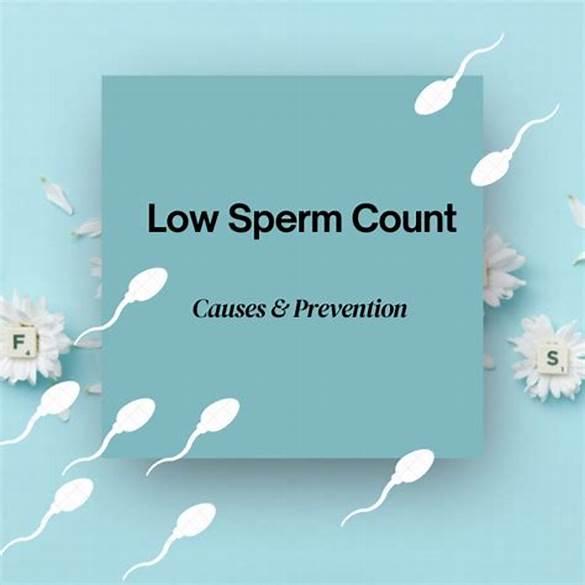Hernia -Types, Symptoms and How to Manage with Traditional Herbal Medicines
A hernia occurs when an organ or tissue pushes through a weak spot in the muscle or tissue that usually contains it. This often results in a noticeable bulge, which can vary in size and may become more prominent during activities like lifting or straining.
Types of Hernia
There are several types of hernias, each occurring in different parts of the body. Here are some of the most common types:
- Inguinal Hernia: This is the most common type, occurring when tissue, such as part of the intestine, protrudes through a weak spot in the abdominal muscles in the groin area.
- Femoral Hernia: This type occurs when tissue pushes through a weak spot in the muscle wall of the groin or inner thigh. It is more common in women.
- Umbilical Hernia: This occurs when part of the intestine protrudes through the abdominal wall near the belly button. It is common in infants but can also occur in adults.
- Incisional Hernia: This type occurs through a scar from a previous abdominal surgery. The tissue pushes through the weakened area of the abdominal wall.
- Hiatal Hernia: This occurs when part of the stomach pushes up through the diaphragm into the chest cavity. It can cause symptoms like heartburn and gastroesophageal reflux disease (GERD).
- Epigastric Hernia: This type occurs in the upper abdomen, between the belly button and the lower part of the rib cage.
Each type of hernia can vary in severity and may require different treatments, ranging from lifestyle changes and medication to surgical intervention. If you have any specific concerns or symptoms, it’s best to consult with a healthcare professional.
What are the Causes of Hernia
A hernia occurs when an organ or tissue pushes through a weak spot in the muscle or surrounding tissue. Here are some common causes and risk factors:
Causes of Hernia
- Muscle Weakness: This can be congenital (present from birth) or develop over time due to ageing or injury.
- Strain: Activities that increase pressure on the abdominal wall, such as heavy lifting, persistent coughing, or straining during bowel movements, can lead to hernias.
- Surgery: Previous surgeries can weaken the abdominal wall, making it more susceptible to hernias.
- Injury: Trauma to the abdomen can cause a hernia.
Risk Factors
- Age: Muscle strength decreases with age, increasing the risk of hernias.
- Gender: Men are more likely to develop inguinal hernias.
- Family History: A family history of hernias can increase your risk.
- Chronic Cough: Conditions that cause chronic coughing can increase abdominal pressure.
- Pregnancy: The increased pressure on the abdomen during pregnancy can lead to hernias.
- Obesity: Excess weight puts additional pressure on the abdominal wall.
Prevention Tips
- Maintain a Healthy Weight: Reducing excess weight can decrease abdominal pressure.
- Avoid Heavy Lifting: Use proper techniques when lifting heavy objects to avoid straining your abdominal muscles.
- Quit Smoking: Smoking can lead to chronic coughing, which increases the risk of hernias.
- Eat a High-Fiber Diet: This helps prevent constipation and straining during bowel movements.
If you have any specific concerns or symptoms, it’s always best to consult with a healthcare professional.
Symptoms of Hernia
Hernias can present with a variety of symptoms, and not all hernias cause noticeable signs. Here are some common symptoms to look out for:
- Visible Lump or Bulge: A noticeable lump or bulge in the abdomen or groin area, which may become more apparent when standing up, coughing, or straining.
- Pain or Discomfort: You might experience a dull ache, pressure, or a pinching sensation at the site of the hernia.
- Swelling: Swelling in the affected area, which can often be pushed back in or may disappear when lying down.
- Digestive Issues: In some cases, hernias can cause symptoms like heartburn, difficulty swallowing, or constipation.
- Severe Symptoms: If the hernia becomes strangulated (cutting off blood supply to the tissue), it can cause severe pain, vomiting, and constipation, which requires immediate medical attention.
If you suspect you have a hernia, it’s important to consult a healthcare professional for a proper diagnosis and treatment plan.
How to Handle and Prevent Hernia Using Herbal Plants
Herbal treatments of hernia, can help manage symptoms and provide some relief. Here are a few herbal remedies that are often suggested:
- Turmeric: Known for its anti-inflammatory properties, turmeric can help reduce inflammation and pain. You can mix a pinch of turmeric powder in a glass of warm milk and drink it daily.
- Licorice Root: This herb can soothe the digestive tract and reduce inflammation. A spoonful of licorice herb powder mixed with water or milk can be consumed.
- Aloe Vera Juice: Aloe vera has soothing and anti-inflammatory effects. Drinking a glass of aloe vera juice before meals may help alleviate symptoms.
- Gokshur, Haritaki, Bibhitaki, Amalaki, Kachnar Bark, and Chitrak: These herbs are used in Ayurveda to strengthen the intestinal wall, improve bowel movements, and decrease inflammation and pain
- Newtonia buchananii: the bark of the tree is used to reduce Inflammation and pain, with this it can be used to manage hernia.









Review Hernia (Herbal Ways To Manage).
You must be logged in to post a review.